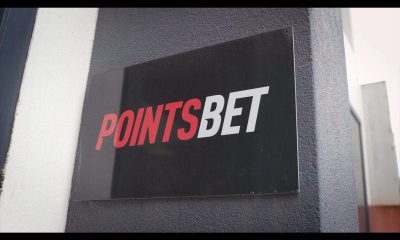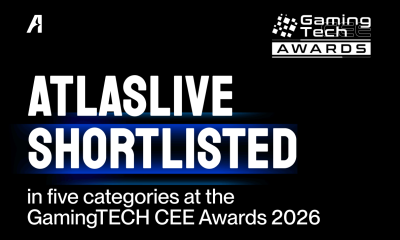Compliance Updates
Federal Court Rejects Novomatic’s Claims Against EGT
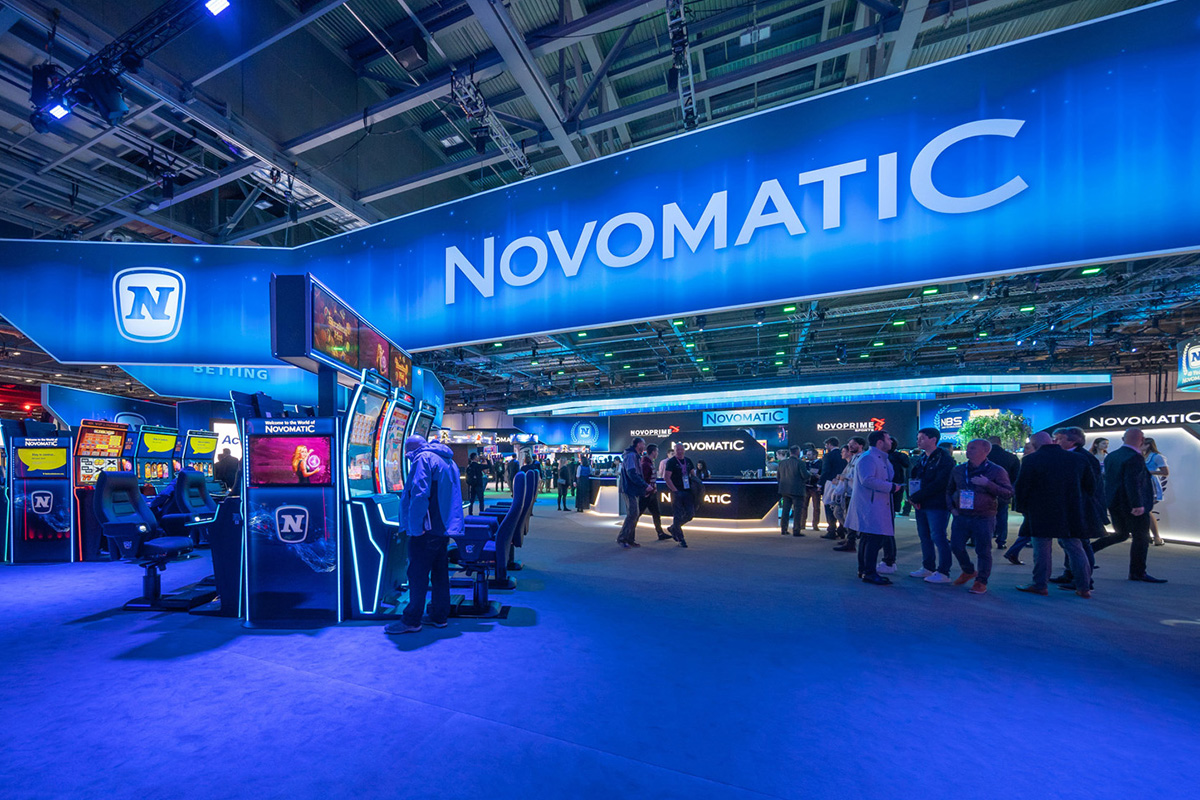
Novomatic has been trying to enforce legal claims against Euro Games Technology (EGT) and its German sales partner Е-Systems GmbH, for more than four years.
On 15 October 2020, the Federal Court of Justice in Karlsruhe rejected Novomatic’s complaint against the non-admission of the appeal.
Thus, the decision of the Berlin Court of Appeal of 6 December 2019 remains valid, which, following the decision of the Berlin District Court of 9 May 2017, has rejected all of Novomatic’s claims: EGT has neither infringed Novomatic’s trademark rights nor acted unfairly in the sense of competition law or violated trade and business secrets. All accusations of Novomatic have been found groundless. The decision of the Federal Court of Justice is the third and final instance.
EGT said: “EGT announces the decision of the Federal Court of Justice with satisfaction, since in its work EGT has always paid the greatest attention to compliance with all applicable laws, especially related to the protection of intellectual property. EGT diligently followed its own high standards in all its R&D, manufacturing, sales and technical support activities. The innovative products, the high quality service and the trustworthy relationships with all partners have been among the key factors that brought EGT to one of the leading positions in the global gaming industry. EGT will remain true to its core value to give more to the customers.”
Powered by WPeMatico
Compliance Updates
Arizona Division of Problem Gambling and the Arizona Lottery / Recognize March as Problem Gambling Awareness Month
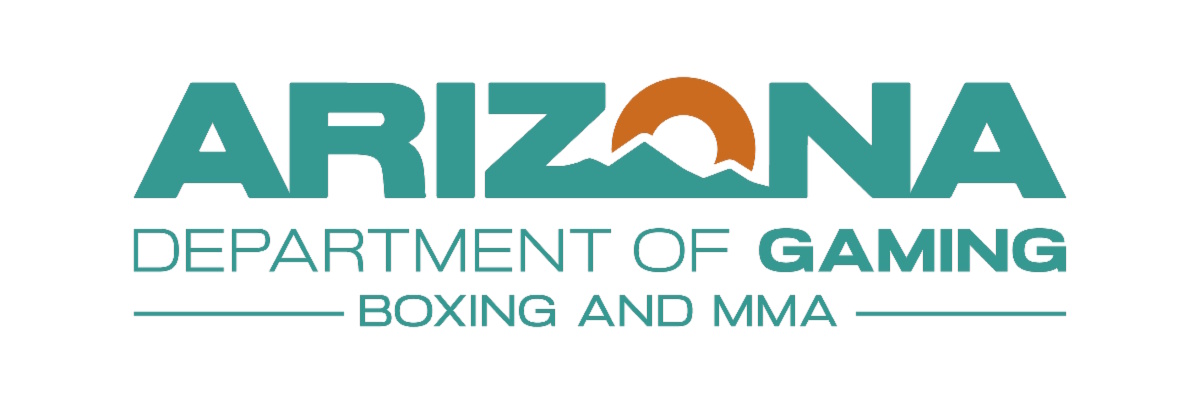
Collaboration highlights self-screening quiz for residents as part of Gambling Disorder Screening Day on March 10
The Arizona Department of Gaming’s Division of Problem Gambling (Division) and the Arizona Lottery announced today that Governor Katie Hobbs has issued a new Proclamation recognizing March as Problem Gambling Awareness Month. Additionally, the Division and the Arizona Lottery recognize March 10 as Gambling Disorder Screening Day.
“Arizona is a longtime supporter of Problem Gambling Awareness Month – a national grassroots campaign that raises understanding and appreciation that gambling related harm is a community issue,” said Elise Mikkelsen, Division Director. “New this year, the National Council of Problem Gambling’s theme Caring Communities. Stronger Futures. reminds us that screening for problem gambling is here in Arizona – and it’s useful in connecting people to the knowledge and resources they need.”
“Responsible gaming is an important part of the Arizona Lottery’s commitment to players across the state,” said Alec Thomson, Executive Director of the Arizona Lottery. “During Problem Gambling Awareness Month, we are proud to highlight the resources available to Arizonans and the work being done to promote responsible play. Through our partnership with the Arizona Department of Gaming, Division of Problem Gambling, we continue to support education, awareness, and access to help for those who may need it.”
The majority of Arizonans – 61 percent – support the government working to increase awareness of problem gambling resources. Meanwhile, when seeing health providers, only seven percent of Arizonans report that they have been screened for, or asked about their gambling habits, compared to 50 percent being asked about substance use. An estimated three to four percent of Arizona residents age 21+ are predicted to manifest a current gambling disorder – a term used to describe persistent and recurrent problem gambling behavior leading to clinically significant impairment or distress.*
Arizonans can take a self-screening quiz directly on the Division’s website: (problemgambling.az.gov/resources/self-screening-quiz). The quiz is designed to take only a few minutes and uses the responses to generate information and resources on possible next steps – including state subsidized treatment available from a list of qualified health and treatment providers. Gambling can take many forms, such as lottery, casino gaming, sports betting, bingo, raffles, office pools, and poker.
Held the second Tuesday of every March, Gambling Disorder Screening Day represents an international movement by the Cambridge Health Alliance, Division of Addiction that encourages provider-level and community-level knowledge about gambling disorder. It advocates that health screens for problem gambling are a useful tool to identify and start addressing the issue.
In problem gambling awareness, prevention is also important. The Arizona Lottery uses consumer and retail marketing to spark education and engagement while drawing awareness to problem gambling resources – particularly the free, 24/7 availability of immediate help, and the availability of qualified, problem gambling trained support professionals.
According to the Division and the Lottery, key ways to get effective and immediate help for those experiencing problem gambling are:
- Texting NEXTSTEP to 53342
- Using the chat function at problemgambling.az.gov
- Calling 1-800-NEXT-STEP
- Calling a trained, state contracted provider listed (problemgambling.az.gov/treatment-counseling/treatment-providers) – simply mention you are seeking support through the Division of Problem Gambling to qualify for state subsidized treatment resources
To join the awareness effort, access the official toolkit here: LINK. The toolkit has pre-packaged social media copy and creative assets designed for businesses, state agencies, and residents to amplify the issue across a range of audiences. The Division and the Lottery encourages others to spread awareness in their organizations and communities.
To learn more about Arizona’s sustainable continuum of services and education that reduces the impact of problem gambling, please visit problemgambling.az.gov.
*Marotta, J., Yamagata, G., & Reohr, P. (2023). Gambling Behaviors, Attitudes, and Experiences among Arizona Adult Residents. Phoenix, AZ: Arizona Department of Gaming.
*According to the Cambridge Health Alliance, Division on Addiction, persons with gambling disorder experience exhibit at least four of these behaviors:
- Needs to gamble with increasing amounts of money in order to achieve the desired excitement.
- Is restless or irritable when attempting to cut down or stop gambling.
- Has made repeated unsuccessful efforts to control, cut back, or stop gambling.
- Is often preoccupied with gambling (e.g., having persistent thoughts of reliving past gambling experiences, thinking of ways to get money with which to gamble).
- Often gambles when feeling distressed (e.g., helpless, guilty, anxious, depressed).
- After losing money gambling, often returns another day to get even (“chasing” one’s losses).
- Lies to conceal the extent of involvement with gambling.
- Has jeopardized or lost a significant relationship, job, or educational or career opportunity because of gambling.
- Relies on others to provide money to relieve desperate financial situations caused by gambling.
The post Arizona Division of Problem Gambling and the Arizona Lottery / Recognize March as Problem Gambling Awareness Month appeared first on Eastern European Gaming | Global iGaming & Tech Intelligence Hub.
Compliance Updates
Isle of Man Govt Publishes its National Risk Assessment (NRA) Covering Money Laundering Risk in Gambling Sector
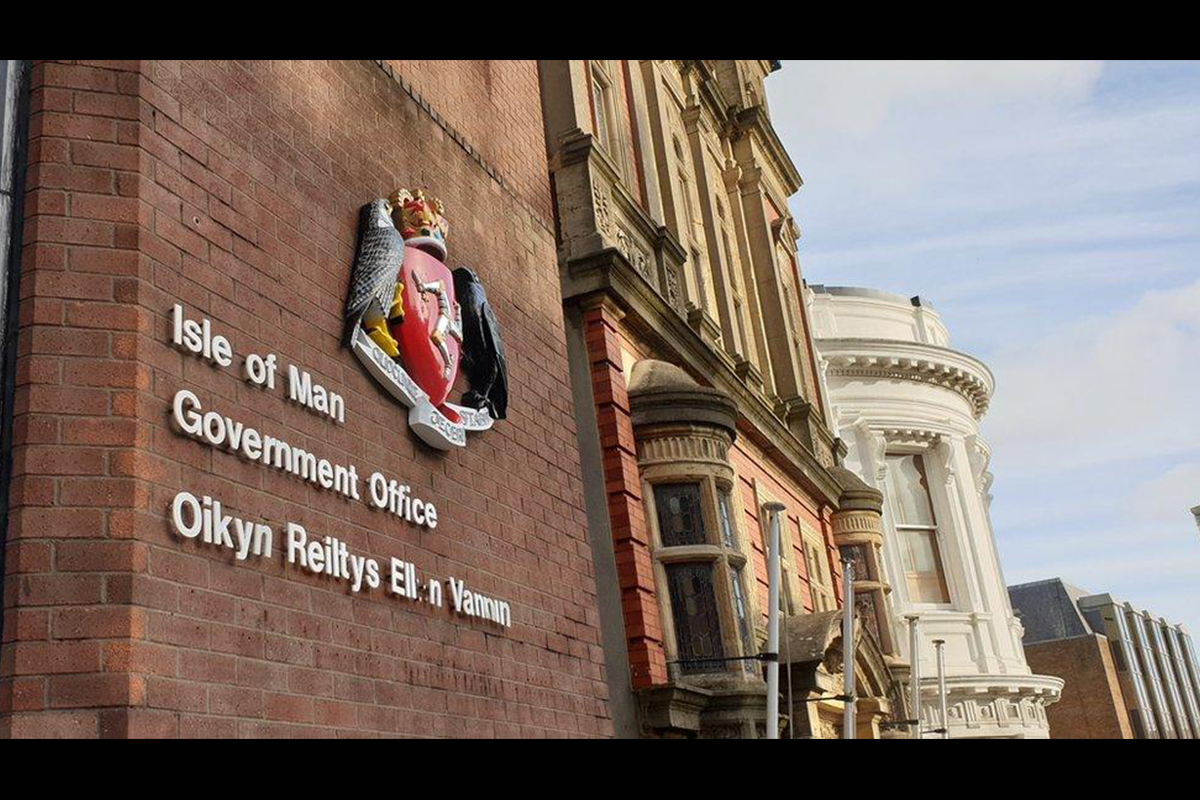
The Isle of Man government has published its updated National Risk Assessment (NRA) for the gambling sector.
The assessment identifies key threats of Money Laundering (ML) to the island’s Gambling sector (both Terrestrial and Online) and the materiality and impact of those threats. Both terrestrial and online gambling have been given a risk rating, with an overall rating for gambling as a whole. These risk ratings and key findings of the NRA feed into the wider NRA work, ensuring the Island has a comprehensive view of the entire threat landscape.
The NRA aggregates, compares and weighs the findings across all sectors to determine which risks drive national exposure. This ensures the NRA is not hypothetical: it reflects actual sector-level dynamics so that the Island can understand the “bigger picture” with each sectoral assessment piecing together a border threat picture.
It is important that the island has a comprehensive understanding of risk at all levels, which does not reflect poor standards but instead outlines structural features of a sector. A robust NRA demonstrates that the jurisdiction understands its ML risks and applies targeted controls that are appropriate.
Risk Ratings are as follows:
• The gambling sector overall is assessed as medium-high risk for money laundering.
• The online gambling sector has a medium-high risk, reflecting a large number of international customers and transaction volumes.
• The terrestrial gambling has a medium-low risk, reflecting its smaller size, domestic profile and lower transaction volumes.
Key Takeaways
The Sectoral NRA highlights core threats in both the online and terrestrial sectors, including:
• Criminal ownership and control of gambling businesses or B2B services, via front companies and complex corporate structures.
• Exploitation by organised crime groups, including those from East and Southeast Asia, for money laundering, cyber-enabled crime and other illicit activities globally.
• Criminals use false or stolen IDs, synthetic identities, and mule identities to access gambling services and obscure their true identity to bypass due diligence controls.
• For terrestrial gambling, cash-intensive operations and casino-specific instruments remain primary channels for laundering domestic predicate offences.
It also highlights potential emerging threats such as:
• Use of advanced technologies (AI, deepfakes, virtual assets) to obscure identities, automate fraud, and facilitate cross-border transfers.
• Use of “turnkey solutions” (pre-packaged business setups) allowing rapid establishment of operations and access to banking services with minimal experience.
Importantly, the NRA makes it clear that these risks arise in specific circumstances with the sector operating legitimate international structures, strong governance and applying high standards of AML/CFT compliance. Those features that make activity higher risk for misuse should be considered within that context.
The post Isle of Man Govt Publishes its National Risk Assessment (NRA) Covering Money Laundering Risk in Gambling Sector appeared first on Eastern European Gaming | Global iGaming & Tech Intelligence Hub.
Compliance Updates
Wiebe Ruttenberg Appointed as Member of the Board of Directors of the Dutch Gaming Authority

Wiebe Ruttenberg has joined the Board of Directors of the Netherlands Gambling Authority (KSA) on March 1. As a member of the Board of Directors, he will be responsible for Digital Transformation.
Wiebe Ruttenberg has experience as a board advisor at Bunq and SecAlliance and as a guest lecturer in Operational & Cyber Resilience at the European University Institute. He previously served as Programme Director for Cyber Resilience Strategy at the European Central Bank and held various positions at De Nederlandsche Bank (DNB) and the Ministry of Finance.
Michel Groothuizen, Chairman of the Board of Directors of the Netherlands Gambling Authority, said: “I’m pleased with Wiebe’s arrival as a member of the Executive Board, responsible for Digital Transformation. The rise of illegal gambling sites, cryptocurrencies, and AI applications are just a few examples that require the KSA to continue evolving into a data-driven and risk-driven organization, with an innovative toolkit that allows it to tackle illegal providers in new ways. A key challenge in this regard is establishing collaborative relationships with public and private parties, including those within the financial sector. I’m pleased that Wiebe, with his extensive knowledge of and experience with the financial sector, technological innovation, and European decision-making, brings the external perspective the KSA needs in this area.”
The post Wiebe Ruttenberg Appointed as Member of the Board of Directors of the Dutch Gaming Authority appeared first on Eastern European Gaming | Global iGaming & Tech Intelligence Hub.
-

 Comatel7 days ago
Comatel7 days agoCOMATEL CELEBRARÁ UNA FIESTA PARA CIENTOS DE OPERADORES TRAS FINALIZAR EL PRIMER DÍA DE LA FERIA ESPAÑOLA, INTERAZAR
-

 Fotini Matthaiou7 days ago
Fotini Matthaiou7 days agoOctavian Gaming Titles Go Live with Novibet in Mexico
-

 Compliance Updates7 days ago
Compliance Updates7 days agoSpillemyndigheden: New Guidance on Responsible Gambling
-

 Amusnet7 days ago
Amusnet7 days agoAmusnet Introduces its “Jackpot Cards Plus” Island at Casino Adjara
-

 Fast Track7 days ago
Fast Track7 days agoFast Track Spark Lands in São Paulo for Advanced Retention Workshop
-

 Betting and Gaming Council7 days ago
Betting and Gaming Council7 days agoBGC: Government Tax Hike Boost for Black Market
-

 Canada4 days ago
Canada4 days agoPointsBet Canada to Contest Proposed 5-Day Suspension by AGCO
-

 Atlaslive7 days ago
Atlaslive7 days agoAtlaslive Shortlisted in Five Categories at GamingTECH CEE Awards 2026
















